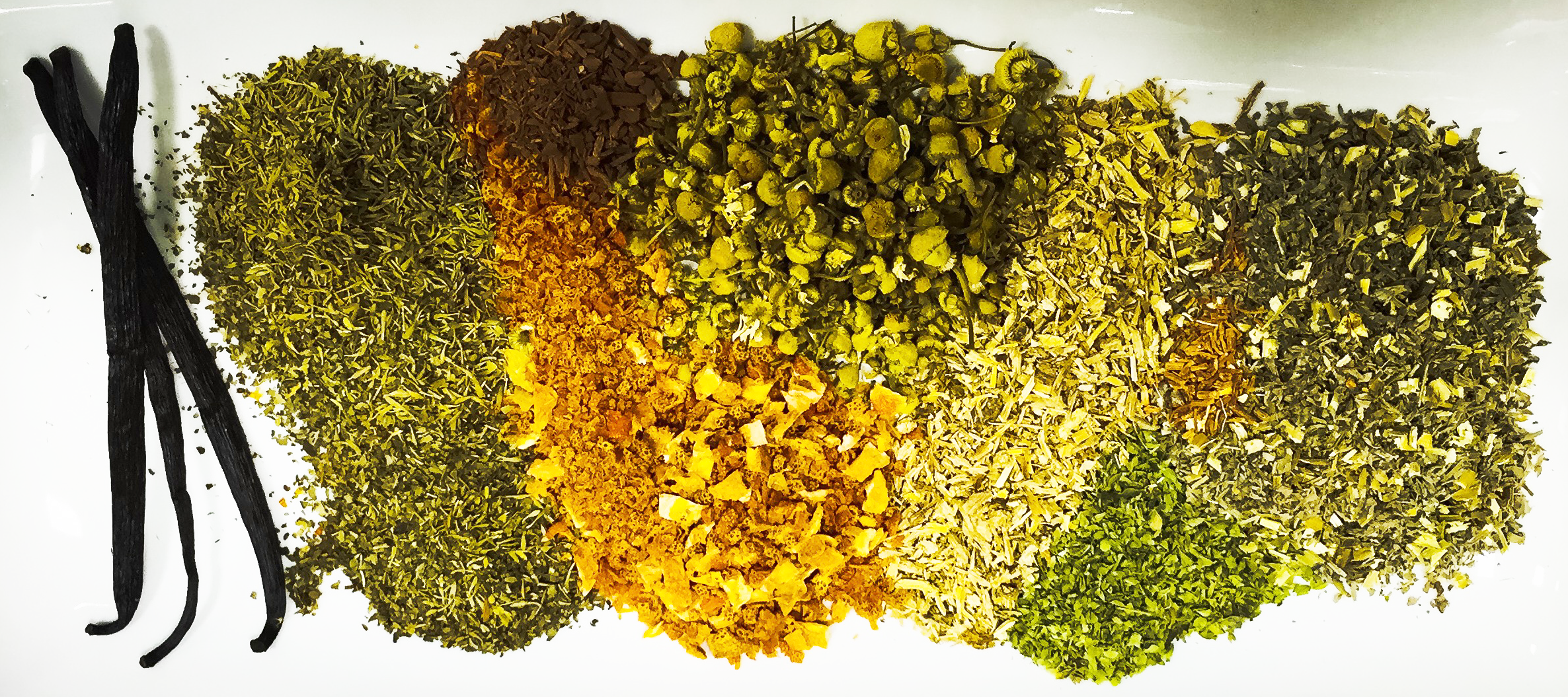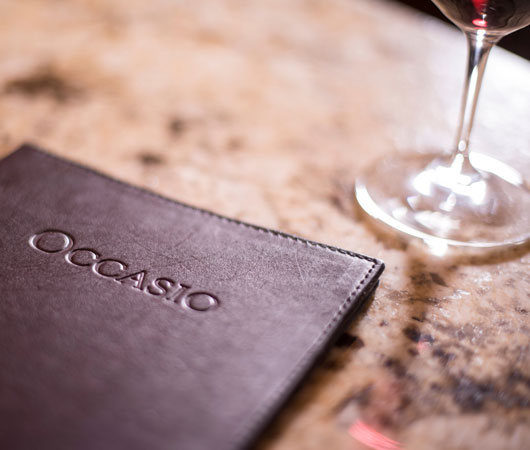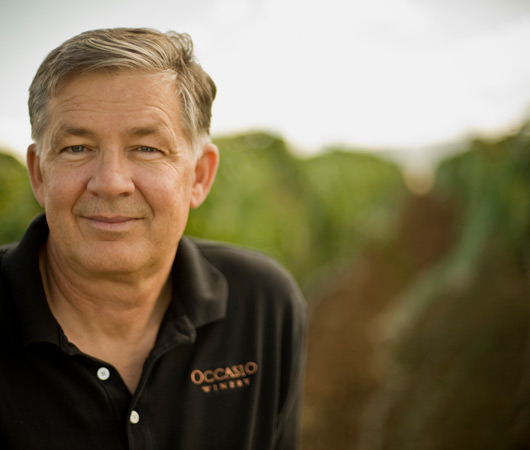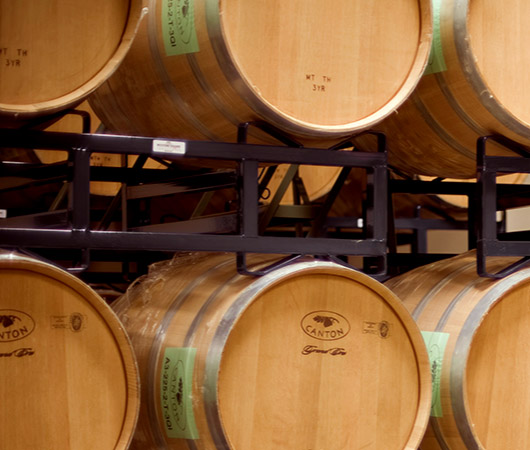Recreating the World’s Most Famous Vermouth

“Have another vermouth?”
ERNEST HEMINGWAY, A Farewell to Arms
My introduction to Hemingway was through his novel A Farewell to Arms. Required reading in my senior year, we spent countless hours discussing the themes and motifs in the work, and in learning about Hemingway’s involvement in the first world war. But struggle as I might with these important themes, my mind kept wandering to the peculiar choice of drink Hemingway chose for his protagonist, Frederick Henry. What did Frederick Henry, or Hemingway for that matter, see in vermouth? Clearly, the vermouth in Hemingway’s day must have been a better wine than what sits on the lower shelves of my grocery store.
I gave vermouth little thought after that, until one day while eating lunch with a local historian, I was asked if I had ever read Ian Fleming’s Diamonds are Forever. Read it, he suggested, and tell me what you discover.
There, in chapter five, CIA agent Felix Leiter made James Bond his favorite martini,
“There was a medium dry Martini with a piece of lemon peel waiting for him. Bond smiled at Leiter’s memory and tasted it. It was excellent, but he didn’t recognize the Vermouth. ‘Made with Cresta Blanca,’ explained Leiter. ‘New domestic brand from California. Like it?’ ‘Best Vermouth I ever tasted.’”
IAN FLEMING, Diamonds are Forever
Why did Ian Fleming choose Cresta Blanca Vermouth? We probably will never know, but I have a theory. Aided by what historian Simon Schama calls the “serendipity of adjacency,” I accidentally stumbled upon Lowell Edmunds’ book, Martini, Straight Up: The Classic American Cocktail, where he relates the story of the Lower Montgomery Olive or Onion Society’s search for the perfect Martini. After a nationwide search and winnowing of the field, the winner was crowned at Rickey’s Townhouse in San Francisco on September 29, 1953. The winning recipe – 3 parts London Dry Gin, 1 part Cresta Blanca Triple-Dry White Vermouth, stirred, with a twist of lemon. The recipe was widely publicized, and even appeared in the New York Times. Cresta Blanca, for their part, used the award in advertising copy that appeared in the New Yorker. It was probably through this publicity that Cresta Blanca vermouth caught Ian Fleming’s attention during one of his frequent trips to New York.
Considering it is a key ingredient in the world’s most famous martini, surprisingly little is known about the composition of Cresta Blanca vermouth. By the mid-fifties when Fleming was writing, Cresta Blanca had moved vermouth production to its distilling plant near Fresno. And by the time Cresta Blanca was sold to Guild Winery, the formula had vanished along with the vermouth, a ghost of another era.
We don’t know much about the original Cresta Blanca vermouth. We can guess that it was not a true vermouth, at least in the European sense, because it could not have contained wormwood as an ingredient. Wormwood was reintroduced only in 2007 after a 95-year ban. Also, Cresta would not have used its finest wines or brandies, as the standard formulation in the 1950s used neutral wine and spirit. Finally, the flavors of the spices were most likely extracted at high temperature in ethanol, and then back blended into the base wine. The bottom line? We can do better.
Thus began my quest to recreate a Livermore vermouth, perhaps not as famous, but definitely better. We would bring the entire production of our vermouth back to Livermore Valley. We would use the finest wines from our cellar and use Livermore brandy distilled from our own fruit. We would reintroduce wormwood, and scour the world for the finest sustainably harvested roots, herbs, and spices. And, most important – we would craft a wine that appeals to our modern tastes for authenticity and provenance, a wine for those who appreciate craft cocktails, slow foods, single-batch bourbons….
From our artist’s palette of roots, herbs, and spices we have formulated the first Livermore dry vermouth in over half a century. In June, the government approved our proprietary recipe of a dozen rare ingredients, and this past week we finished our first run. We have designed a bottle, and now are working on a label design. As for a release date? Want to be the first to sample?


